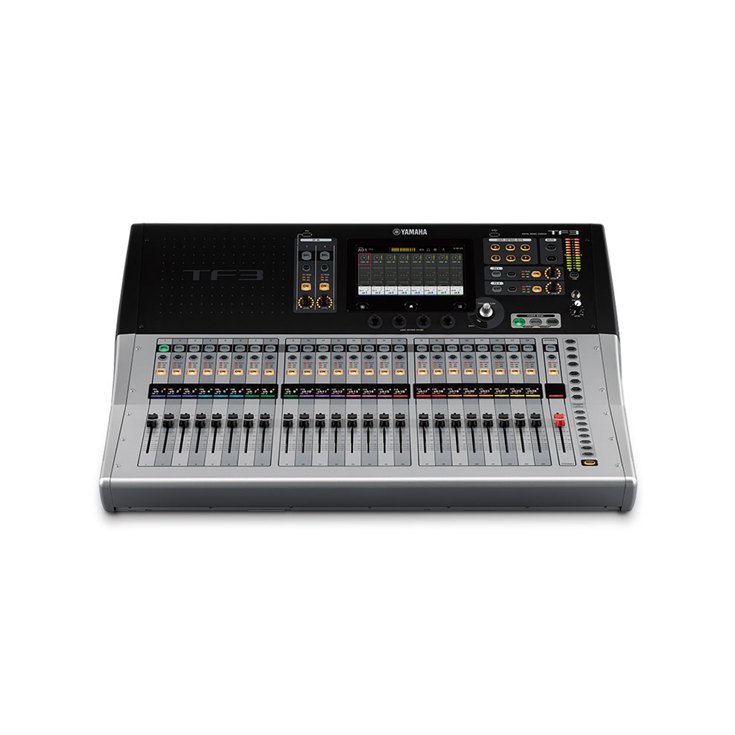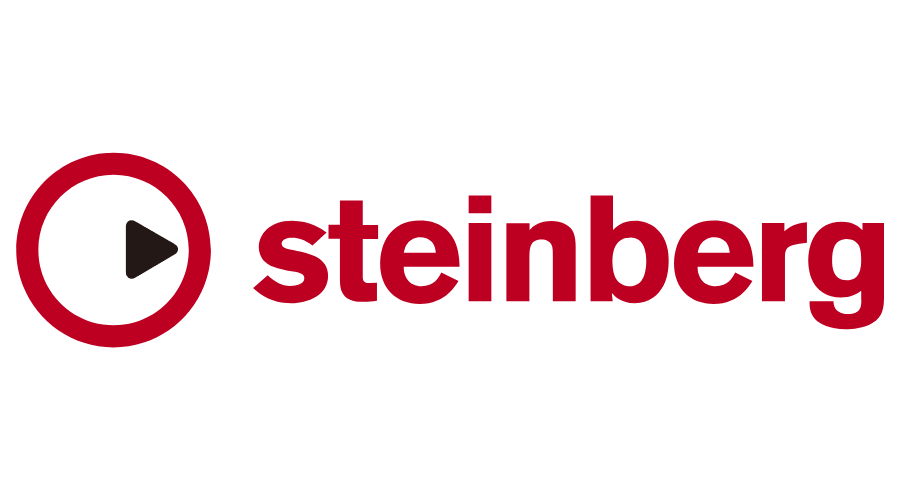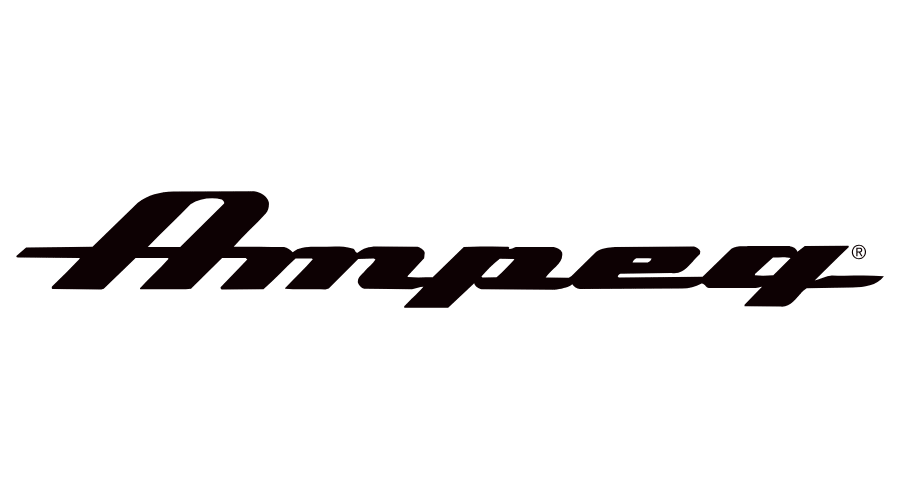TF3
TF3
10530 dAmple input capacity and hands-on control in a compact console that can handle a wide range of applications.
- 25 motor faders (24 channels + 1 master)
- 48 input mixing channels (40 mono + 2 stereo + 2 return)
- 20 Aux (8 mono + 6 stereo) + Stereo + Sub buses
- 8 DCA groups with Roll-out
- 24 analog XLR/TRS combo mic/line inputs + 2 analog RCA pin stereo line inputs
- 16 analog XLR outputs
- 34 x 34 digital record/playback channels via USB 2.0 + 2 x 2 via a USB storage device
- 1 expansion slot for NY64-D audio interface card
| Fader Configuration | 24 + 1 (Master) |
| Input Channels | 48 (40 mono + 2 stereo + 2 return) |
| Aux Buses | 20 (8 mono + 6 stereo) |
| Stereo Buses | 1 |
| Sub Buses | 1 |
| Input channel functions | 8 DCA Groups |
| Inputs | 24 mic/line (XLR/TRS combo) + 2 stereo line (RCA pin) |
| Outputs | 16 (XLR) |
| Expansion slots | 1 |
| DSP-Processor | 8 Effects + 10 GEQ |
| Sampling frequency rate | 48 kHz |
| Signal delay | Less than 2.6 ms, INPUT to OMNI OUT, Fs=48 kHz |
| Fader | 100 mm motorized, Resolution = 10-bit, +10 dB to –138 dB, –∞ dB all faders |
| Total harmonic distortion | Less than 0.05% 20 Hz–20 kHz @+4 dBu into 600 Ω , INPUT to OMNI OUT, Input Gain=Min. (Measured with a –18 dB/octave filter@80 kHz) |
| Frequency response | +0.5, –1.5 dB 20 Hz–20 kHz, refer to +4 dBu output @1kHz, INPUT to OMNI OUT |
| Dynamic range | 110 dB typ., DA Converter, 107 dB typ., INPUT to OMNI OUT, Input Gain=Min. |
| Equivalent input noise | –128 dBu typ., Input Gain=Max. (Measured with an A-Weight filter) |
| Residual output noise | –85 dBu, ST master off (Measured with an A-Weight filter) |
| Crosstalk | –100 dB (Measured with a –30 dB/octave filter@22 kHz), adjacent INPUT/OMNI OUT channels, Input Gain=Min |
| Power requirements | 100–240 V 50/60 Hz |
| Power consumption | 110 W |
| Width | 716 mm |
| Height | 225 mm |
| Depth | 599 mm |
| Weight | 17.0 kg |





